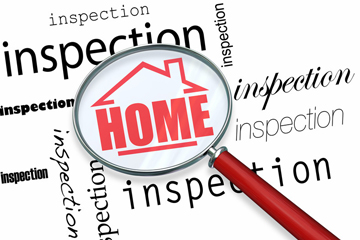
Pre-approval vs. Pre-qualification
It is important to understand that pre-qualification is not the same as mortgage pre-approval. While pre-qualification determines how much a lender is willing to give you, a pre-approval creates a stronger impression on sellers and lets them know you have the cash to back up an offer.
Pre-qualification letter indicates that evaluating your creditworthiness, a lender has decided that you probably will be eligible for a loan up to a certain amount. However, this letter is not a promise, it is just an approximation-based on the information you give the lender and their evaluation of your financial prospects. Often, your current credit report or the statements you have made about your income, assets, and liabilities may not be taken into account by the lender.
Unlike pre-qualification, a pre-approval letter clearly specifies that you qualify for a specific mortgage amount based on the review of all of your financial information such as credit report, pay stubs, bank statement, salary, assets, a year or two of your tax returns and obligations.
Tips to Avoid Getting Denied on Pre-approval
Getting a mortgage plays a vital role in any home-buying process. It is critical for home buyers to understand the mortgage process and know about their own credit history to avoid being rejected when applying for mortgages.
The Home Buyer Reality Report 2017 published by NerdWallet finds that 41% of Americans who have applied for a mortgage felt they were not aware of all of their loan options during the lending process.
Here are some factors to consider.
- Have a clear understanding of your credit report and calculate the monthly debt you are carrying and how much you owe overall
- Incorrect or false information on your credit reports should be immediately clarified with the credit reporting agencies
- On-time payment of bills and clear knowledge on which debts to pay first can improve your score
- For those without an open credit card or loan, establishing a new line of credit helps to build a positive payment history for the mortgage pre-approval
- Show consistent income over time, as mortgage lenders don’t look at gross income but rather usable income
- Make sure to control your monthly spending and avoid large purchases. This helps to lower your debt-to-income ratio and qualify for better interest rates
However, before signing a mortgage it is advisable to talk to different banks. Real estate agents often prefer showing homes to buyers with a pre-approval letter, as it shows that the buyer is financially capable. Real estate transcription services help these agents to meet their property transcription works. Pre-approval letter is not necessary if the buyer is paying in hard cash or if they have a stable job or a solid credit history.




